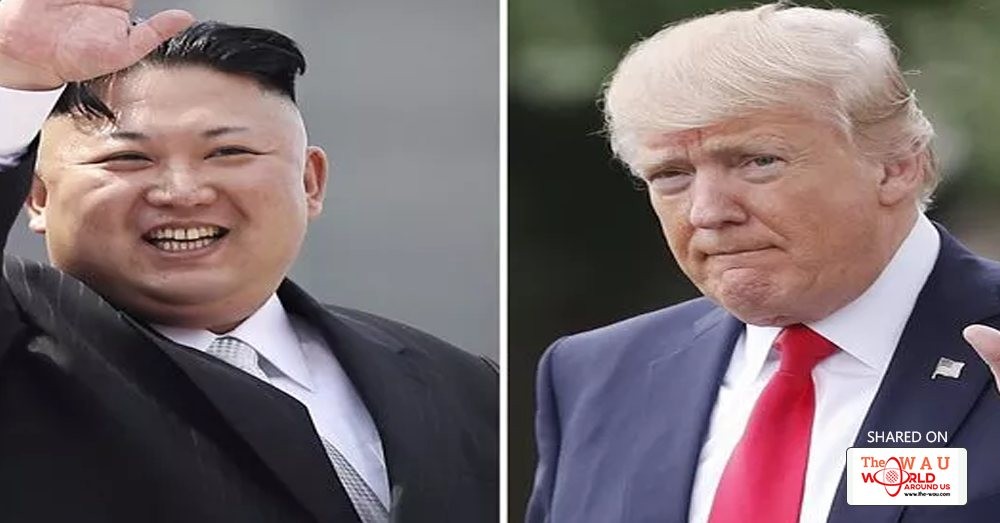North Korea’s missile test on Sunday highlights the country’s frantic efforts to accelerate its nuclear weapons program while political uncertainty has gripped the United States and South Korea, analysts said.
“They see an opportunity to race ahead and get as much nuclear weapons capability in place as possible,” David Albright, president of the Institute for Science and International Security, said Sunday.
North Korea’s official Korean Central News Agency claimed the missile was a “new ground-to-ground medium long-range strategic ballistic rocket” that’s “capable of carrying a large-size heavy nuclear warhead.”
The missile test comes only days after a new president, Moon Jae-in, assumed the presidency of South Korea. It is the seventh missile launch this year as a new administration establishes itself in Washington.
Moon expressed “deep regret” over the North’s missile, which flew for about 30 minutes before dropping into the Sea of Japan.
The White House also criticized the launch. “North Korea has been a flagrant menace for far too long,” the White House said in a statement. “The United States maintains our ironclad commitment to stand with our allies in the face of the serious threat posed by North Korea.”
It’s not unusual for a new administration in Washington to be tested by foreign rivals in the early months of the presidency. Trump has been forced to deal with a string of provocative actions from North Korea.
The administration has vacillated somewhat in its message toward North Korea as it has attempted to build international momentum for dealing with the rogue nation. Trump has said he would be “honored” to meet with Kim Jong Un, the unstable leader of North Korea, under the “right circumstances.”
The administration has also threatened to take action to halt North Korea’s growing nuclear weapons program.
The Trump administration’s efforts were further complicated with the election of Moon, who had called for dialogue with the North and wants to avoid confrontation. Moon’s administration is the first liberal government in South Korea in almost a decade.
“The challenge for the Trump administration is how do you get momentum to clamp down right away,” Albright said.
The Trump administration has said pressure from China, a key trading partner with North Korea, is key to getting Kim to back off his country’s nuclear program.
But China may be able to use Moon’s call for reconciliation as an excuse for not confronting Kim, Albright said.
North Korea has ramped up its nuclear activity since the inauguration of Trump.
Only weeks after he was inaugurated North Korea launched a previously unknown missile. Shortly after that North Korean agents allegedly killed Kim’s half brother in Malaysia.
The Trump administration has responded with warnings and has taken actions designed to warn North Korea not to test the new administration’s patience.
In March, the United States delivered its THAAD missile-defense system to South Korea, despite China’s strong objections. Last month a U.S. carrier battle group arrived in Korean waters.
The north’s continuous missile tests are not only a symbolic act of defiance. The tests are critical steps in the country’s efforts to build a missile capable of targeting the United States.
“The only way to develop a missile is to test it,” Albright said. Any progress in the program is deeply worrying for the United States and its allies.
North Korea has accumulated a stockpile of 13 to 30 nuclear weapons, according to the Institute for Science and International Security. The country is building between three and five nuclear weapons a year, the organization estimates.
North Korea's state media remained defiant, according to commentary quoted by the Associated Press. "The United States should never expect us to give up our nuclear capability,” the main Rodong newspaper said in a commentary carried by the Korean Central News Agency.
Share This Post















